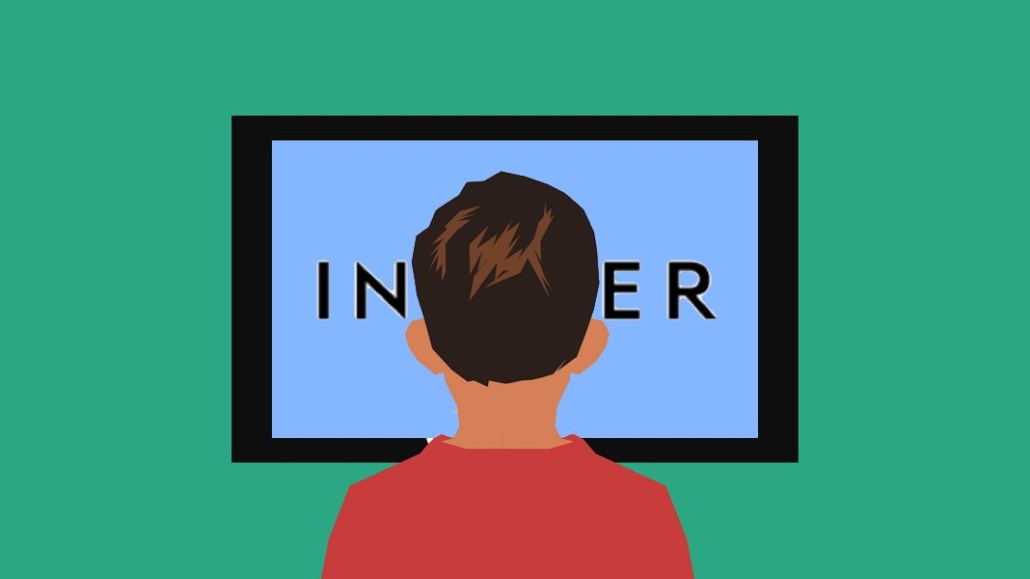Secure your place at the Digiday Media Buying Summit in Nashville, March 2-4
‘Eager to explore more’: Business Insider’s virtual events strategy lifts volume and plants evergreen on-demand feature

Insider Inc. has taken the FOMO out of its events on purpose.
Over the past six months, Business Insider’s parent company has discarded its old conference-focused events strategy in favor of a quicker, nimbler one, balancing between newsy, edit-driven events and advertiser-driven ones that feature an educational component and are designed to live on as on-demand content that can be watched later.
While sponsorships for its virtual events cost less than sponsoring its physical versions — though the company would not say by how much — Business Insider has generated eight times more events revenue in 2020 than it did in 2019, thanks in part to a significant increase in the number of programs it’s put on. So far this year, BI has already run 15 events this year, up from three in 2019, with more scheduled for later in the year.
That number is up partly because planning and executing a virtual event takes less time than a physical one. But it’s also because Insider has sold several events as part of multi-part packages, meant to work not just as in-person events, but as evergreen content that can live on as an on-demand program.
While Business Insider hasn’t begun booking its 2021 events calendar yet, the live event-as-evergreen-content strategy “is something we’re eager to explore more,” said Kristin Mooney, the executive director of events at Business Insider.
Like every so many other media companies, BI had to act quickly to change its events strategy this spring, starting with a speaker series it had planned to produce at SXSW. By the end of March, it had announced a new editorial series, Business Insider Spotlight, which featured reporters interviewing prominent executives about major developments in their respective industries. The spotlight programs have attracted guests such as Burger King CMO Fernando Machado and Clelia Warburg Peters, the president of Warburg Realty.
While all of BI’s virtual events are free to attend with email registration, they can be monetized in several different ways. Insider Spotlight sponsors can get lead generation in the form of emails, a recap article on Business Insider’s site, onsite media, as well as social promotion and promotional email blasts.
Complementing the Spotlight program are custom events, which are either sold as standalone products or as part of bigger editorial packages that can include everything from articles to custom video.
Despite the fact that BI had never done custom events before, “about half” of BI’s virtual events so far have been sponsor-led, either as part of a larger editorial package like Master Your Money, which Fidelity Investments agreed to sponsor, or as a standalone, Mooney said.
Some of the more educational content does seem to have a longer shelf-life than its newsier counterparts: The first video in BI’s Master Your Money series has had three times more views after the original live event was streamed.
Many publishers have struggled with the fact that virtual event sponsorships fetch smaller amounts of money than in-person ones. But those that have found ways to promote and extend the life of their videos have had success with sponsors.
“Corporate sponsorship typically is a face-to-face, face-to-brand, face-to-product experience,” said Gail S. Bower, a revenue strategist at the consultancy Bower & Co.
“But it still can work virtually. You want it to be something where there’s investment and then you drive traffic to it,” she added.
More in Media

From feeds to streets: How mega influencer Haley Baylee is diversifying beyond platform algorithms
Kalil is partnering with LinkNYC to take her social media content into the real world and the streets of NYC.

‘A brand trip’: How the creator economy showed up at this year’s Super Bowl
Super Bowl 2026 had more on-the-ground brand activations and creator participation than ever, showcasing how it’s become a massive IRL moment for the creator economy.

Media Briefing: Turning scraped content into paid assets — Amazon and Microsoft build AI marketplaces
Amazon plans an AI content marketplace to join Microsoft’s efforts and pay publishers — but it relies on AI com stop scraping for free.






